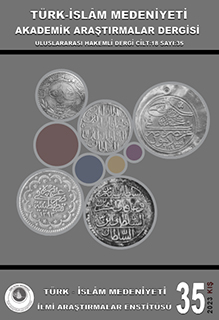1929 Effects of The World Economic Crisis on Turkey and The Depression Report of The Economic Council of 1931
English
DOI:
https://doi.org/10.5281/zenodo.7577319Keywords:
1929 The World Economic Crisis, National Economic Council, 1931 Depression Report, Statism, TurkeyAbstract
When the 1929 world economic crisis emerged, Turkey was a raw material exporter that had not completed its industrialization. What the crisis in Turkey had in common with the world economic crisis was first of all the fall in prices and the contraction of exports. However, the country's technical backwardness, lack of capital and entrepreneurship, and lack of organization caused the crisis to be felt more severely. With the crisis, prices of agricultural products lost between 60% and 30% of their value, depending on the product. This situation made farmers unable to pay their debts. Some farmers had to sell their fields and migrate to cities and towns. The economic crisis also revealed the weakness of the private industrial sector and led Turkey to adopt statism. In order to examine the effects of the economic crisis on industry and solutions, the 1931 Depression Report was prepared by the National Economic Council. In the report, it was suggested that the state should buy the products of farmers and an industrial plan should be made.
Downloads
Published
How to Cite
Issue
Section
License
Copyright (c) 2023 Türk İslâm Medeniyeti Akademik Araştırmalar Dergisi

This work is licensed under a Creative Commons Attribution-NonCommercial 4.0 International License.







